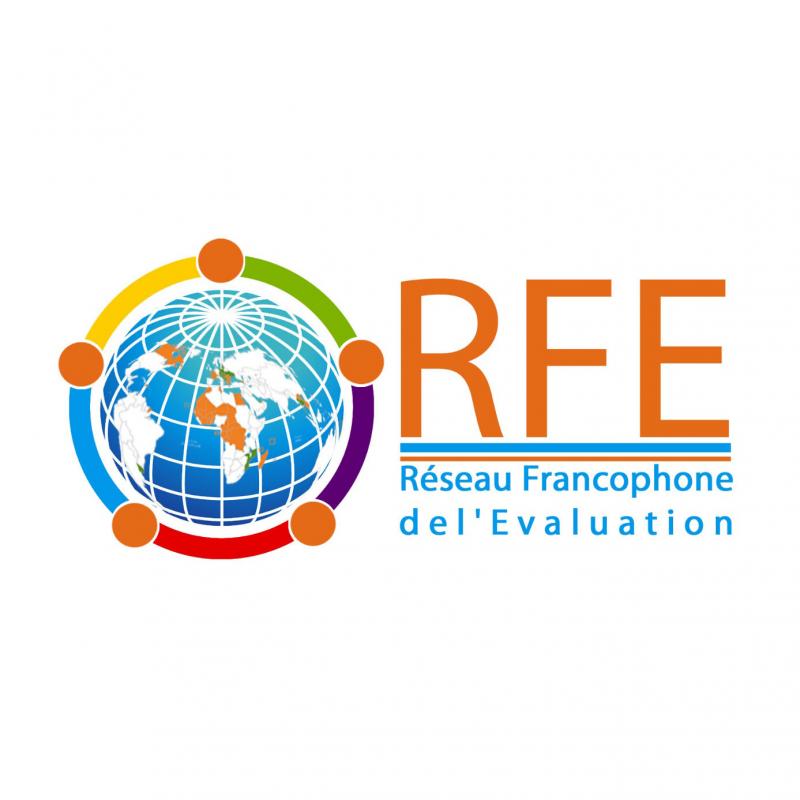Le Réseau Francophone de l'Evaluation (RFE) est une tête de réseau créé le 26 février 2013 avec le soutien de l'Organisation Internationale de la Francophonie (OIF). Notre réseau rassemble les Associations nationales d'évaluation (ANÉ) de 24 pays de l'espace francophone.
Nous nous sommes donné pour mission de développer et mutualiser les connaissances et pratiques de l'évaluation de l'action publique dans l'espace francophone. Afin de conforter l'existence d'un monde pluriculturel et multipolaire garantissant à la francophonie sa place à côté d'autres ensembles linguistiques. Pour y parvenir nous visons nous nous sommes fixés les objectifs suivants :
Développer l'offre francophone d'évaluation
Constituer un corpus théorique et technique en langue française
Développer entre les Associations Nationales d'Évaluation une coopération active
Promouvoir l'utilisation des résultats de l'évaluation dans le processus de décision publique

RFE Réseau francophone de l'évaluation
Réseau francophone de l'évaluationBonjour Silva,
Merci beaucoup pour le lancement de cette discussion sur l'évaluation et Chat GPT. Je suis pressé de lire les réactions car ce sujet sera probablement abordé lors de la 5e édition du Forum international francophone de l'évaluation que le RFE (Réseau francophone de l'évaluation) organise avec la SOLEP (Société luxembourgeoise de l'évaluation et de la prospective), les 4, 5 et 6 juillet prochain, à Luxembourg.
Si le français n'est pas un problème pour toi, je t'invite à soumettre une proposition d'intervention d'ici le 30 mars. Cette invitation à nous adresser des propositions d'interventions vaut également pour l'ensemble des membres de la communauté EvalForward. Les dépôts se font en ligne : www.fife2023.rfevaluation.org.
Le thème de l'événement est "Évaluation et révolution numérique".
Jean-Marie Loncle
Secrétaire permanent du RFE